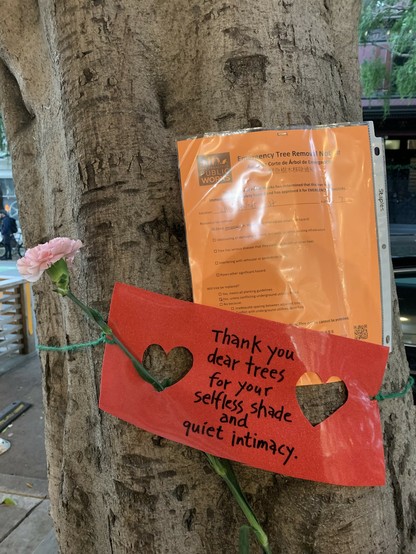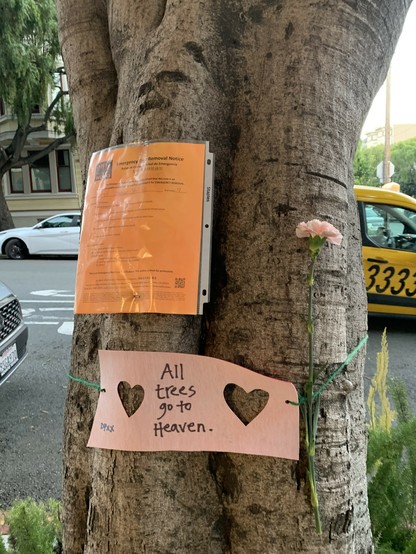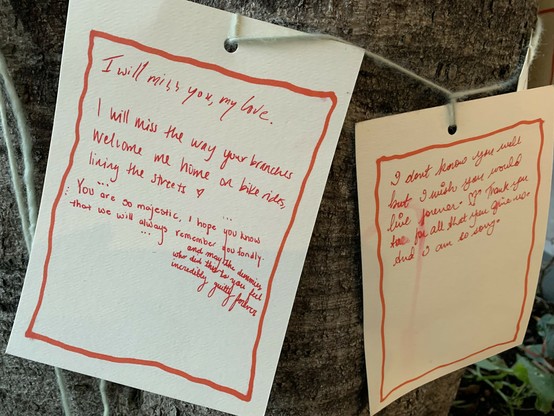2026-01-23 10:14:06
2025-12-15 14:45:57
Re: discourse about #FediSoWhite
I'm a white man. Was on Twitter throughout #BLM and gained an awful lot of free education from Black folks on there. That was the start of me consciously following diverse folks which is a strategy that's improved my life immensely.
Back on Twitter before the Muskening, there was a lot of diversity. Black Twitter was a thing, and not just first-world (anyone else remember "O jewa ke eng?"). When I went looking for people to follow to diversify my feed, I found them in abundance.
That's why it's so clearly false to me when people claim that the fediverse is secretly diverse, and why anyone making that claim sounds suspect to me. Sure there are a ton of great Black and other POC folks you can find on here, if you look hard. But it's nowhere near the levels of diversity and community that were on Twitter. Which you would know had you been following those people before, so now I have to assume you weren't, and wonder why you feel qualified to make statements about diversity even though you haven't made an effort to engage with diverse voices before?
Also, if you were actually following some of the excellent POC voices on here, you'd know that across different servers and interest groups, almost every group has had a discussion of #FediSoWhite at some point. If all the Black people you follow are independently talking about the lack of community and diversity here, you've either got to believe them or start putting on your clown makeup, and the later is absolutely a choice.
2025-12-14 09:08:56
I’ve spoken with my boss (he’s a bit of a dickhead but his heart’s in the right place) and confirmed that I won’t be getting fired for opposing Israel’s ongoing genocide and supporting the human rights of the Palestinian people to live with freedom and dignity like the rest of us but not everyone is as lucky.
2026-01-05 11:44:42
If you are an anti-fascist, you are against petroleum. Petroleum funds fascism globally. It is at the heart of the military industrial complex driving global imperialism, from both the US and Russia. Motonormitivity is fascist, both in it's elitist roots and in it's ties to historical fascism (Hitler hated bikes, just on principle). Oil is militarism.
Oil is the dominant resource which drives war, both in terms of it being the primary spoil wars are fought over and in terms of fueling the military vehicles and weapons that carry out those wars. Practically every war since (and including) WWII has been over oil. Genocides are carried out to secure oil. Gaza is over oil, in more ways than one.
Oil is the absolute enemy, and AI is simply an extension of that: an attempt to atomize us so we can't resist the oil-centric global order, one last grasp at the control over our lives oil has given to those whose power is now threatened by a solar punk future.
"I haven't written for a few weeks now. As I write the closing chapter and begin rewriting previous sections, everything feels both more distant and more immediate. The working title [Kairos] has only continued to feel more and more resonant, both during the writing and during my pause."
Now is the time to resist by making something different, by creating a world fundamentally opposed to these systems of oppression.
This is the last in my Kairos series. From here on out I'll be editing to try and make it more of a book than a series of posts. Thanks to everyone who has helped so far. All editing is welcome (typos, spell checks, questions and challenges). Between ADHD and dyslexia, it's always hard for my brain to notice mistakes in my own text so I always appreciate the support of those who can.
https://anarchoccultism.org/building-zion/kairos
2025-12-26 10:41:26
I don't think I'm ever going to enjoy gifts.
I can get why people would give them to children. After all, children don't have their own budget. However, I'm talking about occasional gifts, not a new toy every second week, because "we must outcompete the other grandparents". But to adults?
Once I've heard that you should gift people with what they won't buy themselves. Well, that's won't work for me. I'm a minimalist. If I don't need something, I don't want to have it. Unnecessary junk is only emotional burden to me.
I can get why you'd enjoy something handmade. But something people bought? If I need something, I can buy it myself, when I need it. And I definitely don't need people to prove to me that they never cared to learn who I am, and just buy whatever they like or whatever is "fashionable"; which usually means exactly the opposite of what I'd prefer (i.e. something minimalistic). Or even worse, I don't need people manipulating me through gifts.
Sweets? Besides my diabetes, I don't really enjoy expensive shit that people generally buy because it's what's advertised. For the money they waste on it, I'd buy three times as much sweets I'd actually enjoy.
Gift cards? Oh yes, "you aren't supposed to give money, so let's just give the equivalent of money that's actually worth less than money". Actual money? And here we reach the true nonsense; we exchange the same amount of money, so it's just pointless gesture. Unless one of us gives less money…
What I'd really like, as a gift? Maybe that people would finally bother accepting me as who I am. The absolute minimum of caring that I hate consumerism, and not fueling it "for me".
#AntiCapitalism #minimalism #ActuallyAutistic
2025-12-28 21:53:18
A day after part of a missile fired by the United States hit their village, landing just meters from its only medical facility,
the people of Jabo in northwestern Nigeria are in a state of shock and confusion.
Suleiman Kagara, a resident of this quiet and predominantly Muslim farming community in Tambuwal district of Sokoto state, told CNN he heard a loud blast and saw flames as a projectile flew overhead at around 10 p.m. on Thursday.
Soon after, it came crashing down, expl…
2026-01-16 01:21:28
2026-01-05 02:10:07
They have a great “big” point here about incrementalism but also: fiber, water, and even minimal activity specifically are great first steps towards feeling better.
I suspect that a lot of us 1st-worlders feel lousy in part because we’re each paving our own way to T2D, colon cancer, and heart disease. @…
2026-01-17 14:33:47
Beware of this person (yogthos). I commented on his toot and he attacked me in his answer and then blocked me.
#China
2026-01-17 18:33:33
@…
This is about glucagon rescue devices.
Endo told me I need to get one. Said there are two groups especially in need of them. Young children and elderly. Said not to hurt my feelings but I am solidly in the second group.
Wow that is some expensive stuff! Debating if I really need it or not. Been able to handle lows myself for over 50 yea…






